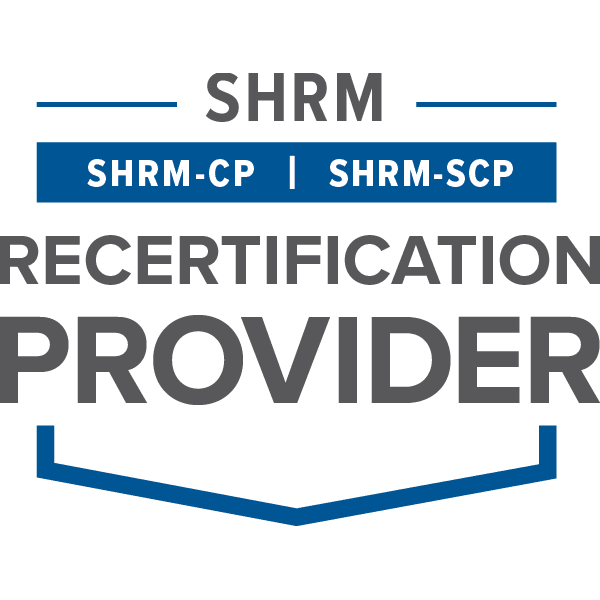Organizational Leadership
Organizational Leadership & How HR Leaders Assist

What is Organizational Leadership
Organizational leadership refers to the process of guiding and influencing a group of individuals within an organization towards achieving common goals. This involves:
- setting a clear direction
- making key decisions
- empowering & motivating employees
- fostering a positive work culture.
Examples of Organizational Leadership
- Setting the vision and mission of the organization: Effective organizational leaders articulate a compelling vision that inspires employees and aligns with the overall goals of the organization.
- Empowering and developing employees: Organizational leaders provide opportunities for employees to grow, learn, and develop their skills and abilities to reach their full potential.
- Building and maintaining strong relationships: Successful organizational leaders foster positive relationships with employees, stakeholders, and other key individuals to create a supportive and collaborative work environment.
- Making strategic decisions: Organizational leaders are responsible for making important decisions that impact the direction and success of the organization.
- Communication and collaboration: Effective organizational leaders promote open and transparent communication, encourage teamwork, and facilitate collaboration among employees to achieve shared goals.
How HR Leaders can Assist
® Developing strong leadership development programs: HR leaders can design and implement initiatives that identify and develop potential leaders within the organization. This includes leadership training, mentoring, and coaching to help employees to build the necessary skills and competencies for effective organizational leadership.
® Promoting a positive work culture: HR leaders can help create and promote a positive work environment that fosters trust, collaboration, and inclusivity among employees. This includes implementing policies and practices that support employee engagement, recognition, and work-life balance.
® Providing strategic HR support: HR leaders can play a critical role in aligning HR practices with organizational goals and objectives. This includes ensuring that HR policies and procedures are in line with the organization's vision and mission, conducting effective performance management processes, and providing guidance on talent acquisition and retention strategies that align with the organization's leadership needs.
® Facilitating effective communication and collaboration: HR leaders can implement systems and processes that promote clear and open communication among team members and across departments.
"In organizational leadership you become a catalyst for something extraordinary in the end." Onyeka Omose





